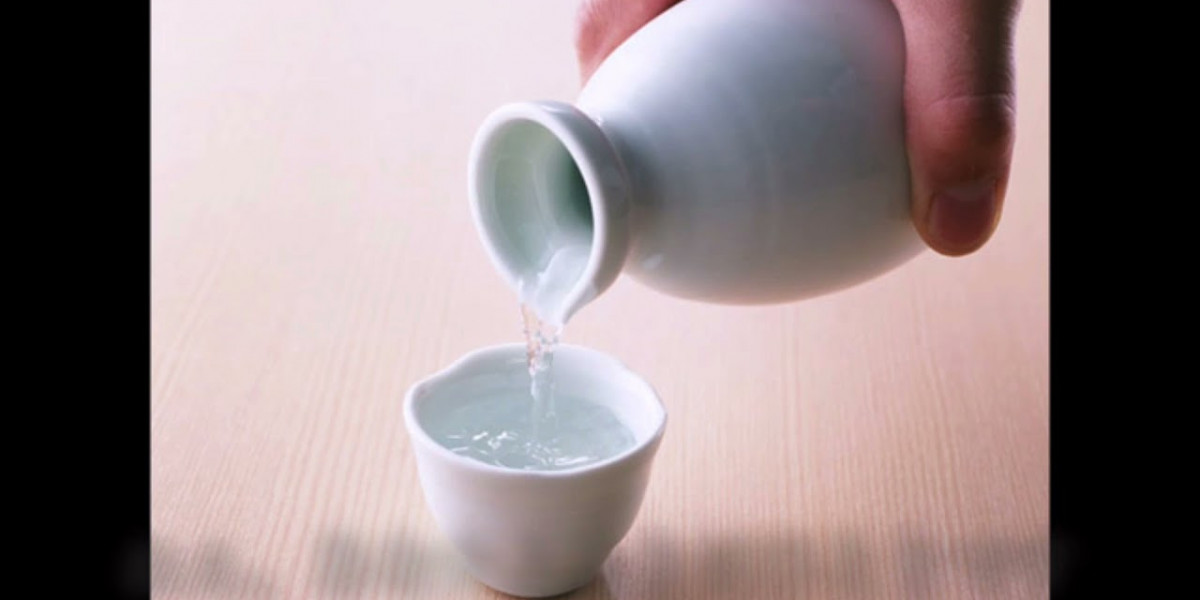Origins and Production of Baijiu
Baijiu is a Chinese liquor that has been produced and consumed in China for over 2000 years. The word baijiu literally translates to "white alcohol" which refers to its clear color. Some of the earliest documented records of baijiu date back to writings from the Eastern Han Dynasty in the early 1st century AD. Traditional baijiu production involves fermenting starch-rich ingredients like sorghum, wheat or rice using solid-state fermentation. This involves mixing the grains with a starter culture known as qu, which contains microorganisms like fungi and yeasts. The grains are piled into piles up to 5 meters tall and occasionally turned and mixed during a fermentation period of 30-90 days. As the grains ferment, carbohydrates are broken down into alcohol and other compounds, concentrating the alcohol content. Once fermentation is complete, the grains are diluted with water and distilled to increase the alcohol concentration, resulting in the famous Chinese spirit.
Regional Varieties of Baijiu
There is incredible variety in Baijiu styles across China due to the use of different native grains and production methods in different regions. Maotai baijiu from Guizhou province is one of the most famous and expensive varieties. It uses kaoliang sorghum and a complex fermentation process involving multiple distillations. Wuliangye baijiu and Luzhou laojiu are also renowned Chinese baijiu varieties produced in Sichuan province using sorghum and wheat respectively. In northeast China, sorghum is commonly used but baijiu made from corn is also popular such as Fenjiu from Shanxi province. Rice baijiu styles exist as well, including Erguotou from Shaanxi which uses glutinous rice. Even within regions, villages and distilleries each develop their own unique house styles of baijiu. This wealth of regional varieties reflects China's diversity of climate and agricultural resources as well as passion for local specialty products.
Baijiu Culinary Uses and Health Benefits
Beyond being enjoyed on its own or in shots, baijiu plays an important role in Chinese cooking and is commonly used as an ingredient in braised and stewed dishes. Its high alcohol content and unique flavors make it well-suited for extracting flavors from meats and vegetables during long, slow braising. Baijiu is also valued for its culinary functions, often used to dissolve sauces or tenderize meats due to acids produced during fermentation. Many Chinese consider baijiu to provide health benefits as well due to antioxidant compounds produced during fermentation similar to wine. Traditionally, baijiu is believed to aid digestion when consumed after meals in small amounts. More recently, clinical studies have shown baijiu may help lower cholesterol, blood pressure and reduce risk of diabetes and cardiovascular disease due to polyphenols present. Of course, baijiu should still be consumed responsibly and in moderation.
Cultural Significance and Social Traditions
Chinese baijiu is deeply engrained in Chinese culture and plays an important role in social and business traditions. Sharing baijiu between guests is a sign of welcoming and hospitality. Various regional styles and vintages of baijiu are gifted as an expression of goodwill during holidays and special occasions. In business settings, baijiu is traditionally served to foster understanding and seal agreements. Public displays of generosity by officials treating guests or locals to baijiu are a historic Chinese cultural tradition. Perhaps most notably, Chinese wedding banquets almost always feature several carefully selected bottles of high-end baijiu shared among attendees as a sign of blessings for the newly wedded couple and their families. Through its long history and integral role in social and cultural practices, baijiu has evolved into a symbol of Chinese identity, artisanal tradition and national pride.
With over two millennia of history, baijiu holds an important place in Chinese culture as the iconic Chinese spirit. Its production encompasses farming, fermentation science and distillationPassed down from generation to generation, distinct artisanal baijiu styles still made using traditional methods are prized across China. Beyond just a drink, baijiu contributes to Chinese cuisine, traditional medicine, and plays a meaningful role in social and business customs. Through its diverse regional varieties made from different cereals and unique production techniques, baijiu exemplifies China's rich cultural diversity and agricultural heritage. As Chinese economic power grows globally, baijiu is increasingly being recognized internationally for these qualities and establishing a following outside of Asia as a fascinating window into Chinese culture.
Get This Report in Japanese Language: 白酒
Get This Report in Korean Language: 바이지우
Explore More Related Article On- Whey Protein Isolates Market
About Author:
Vaagisha brings over three years of expertise as a content editor in the market research domain. Originally a creative writer, she discovered her passion for editing, combining her flair for writing with a meticulous eye for detail. Her ability to craft and refine compelling content makes her an invaluable asset in delivering polished and engaging write-ups.
(LinkedIn: https://www.linkedin.com/in/vaagisha-singh-8080b91)










